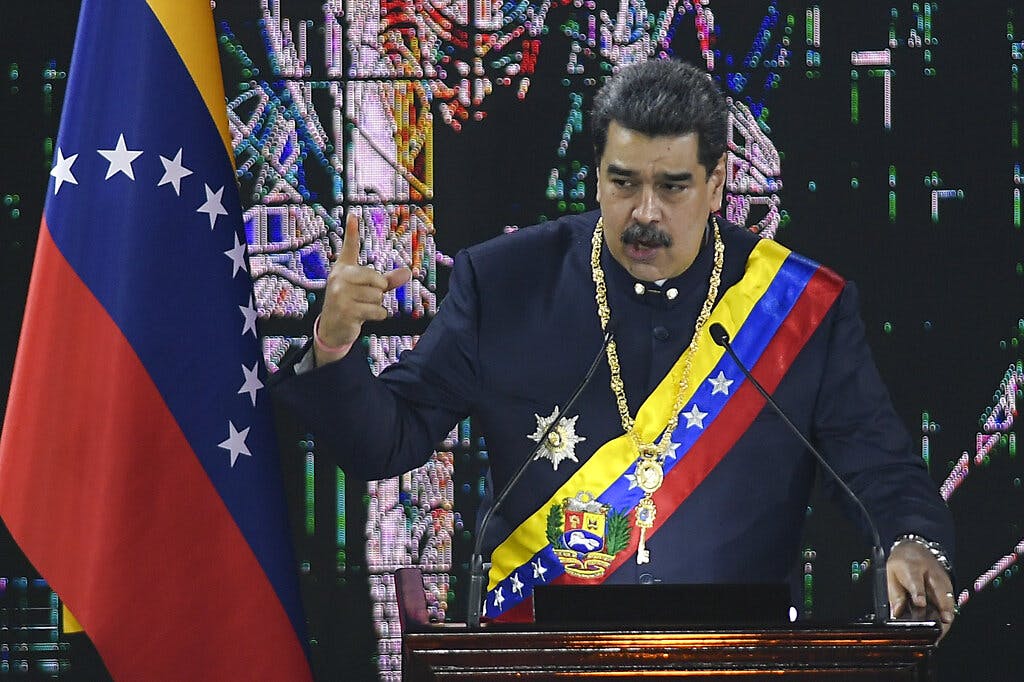
Could the Supreme Court’s Tariff Decision Be Applied to the Fed?
By THE NEW YORK SUN
|Colombia issues an invitation to a parley set for after Easter and designed to bring ‘dialog’ with Bolivarian regime.

Already have a subscription? Sign in to continue reading

By THE NEW YORK SUN
|
By GEORGE WILLIS
|
By CARL ROLLYSON
|$0.01/day for 60 days
Cancel anytime
By continuing you agree to our Privacy Policy and Terms of Service.